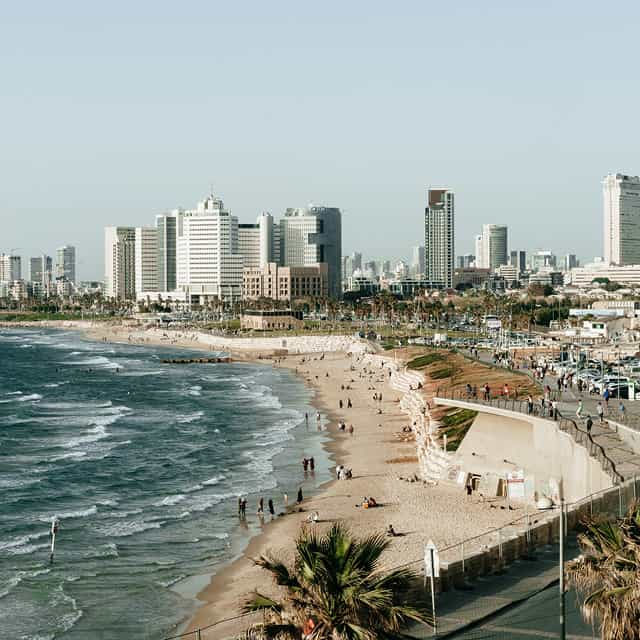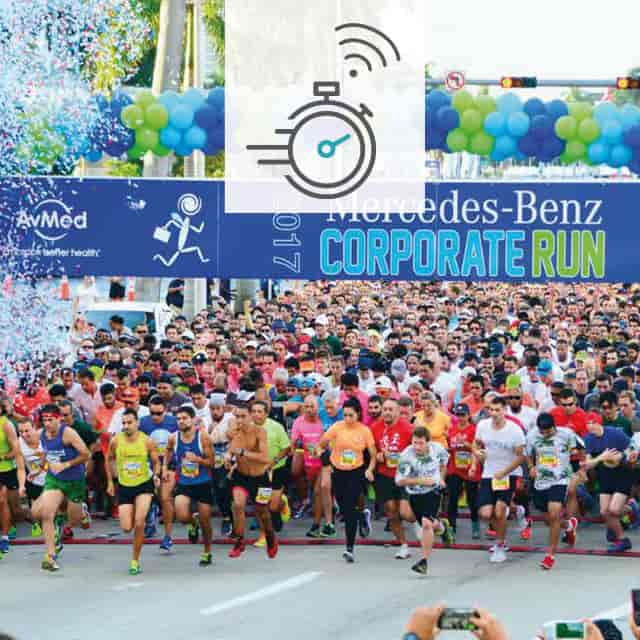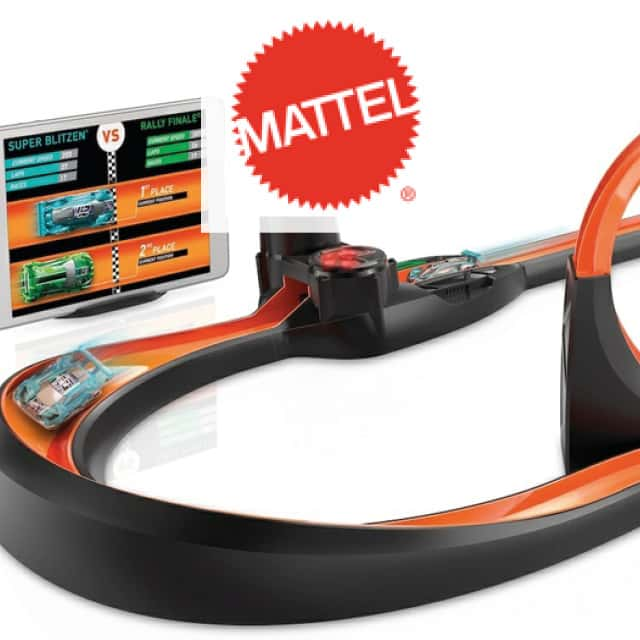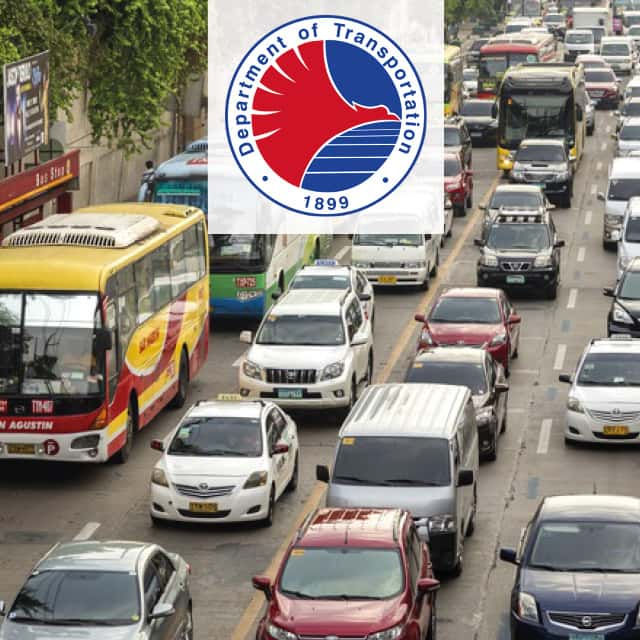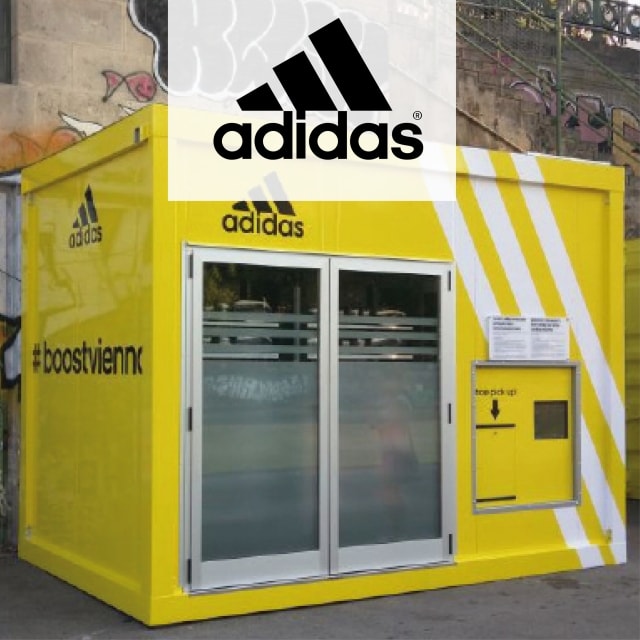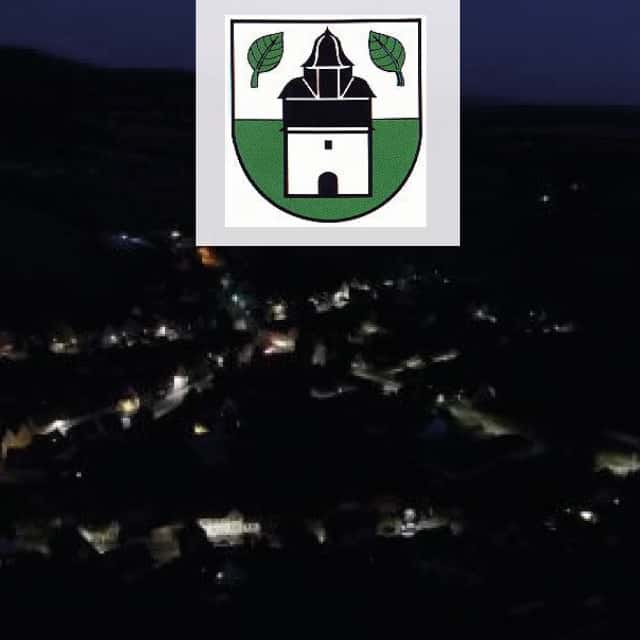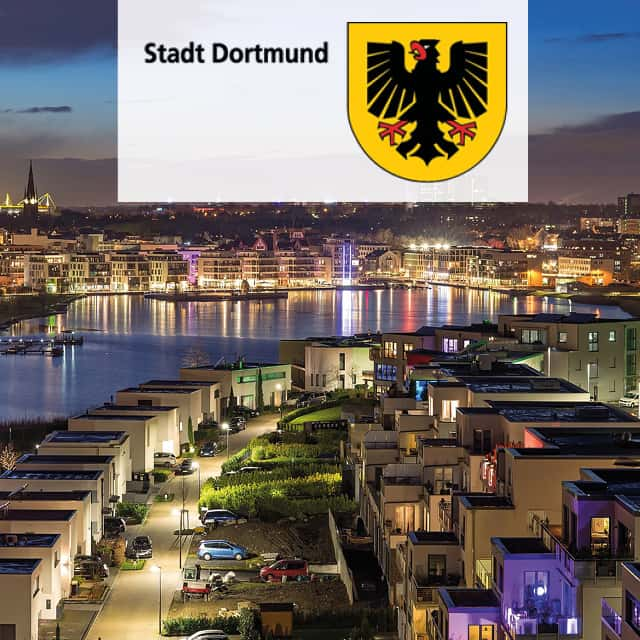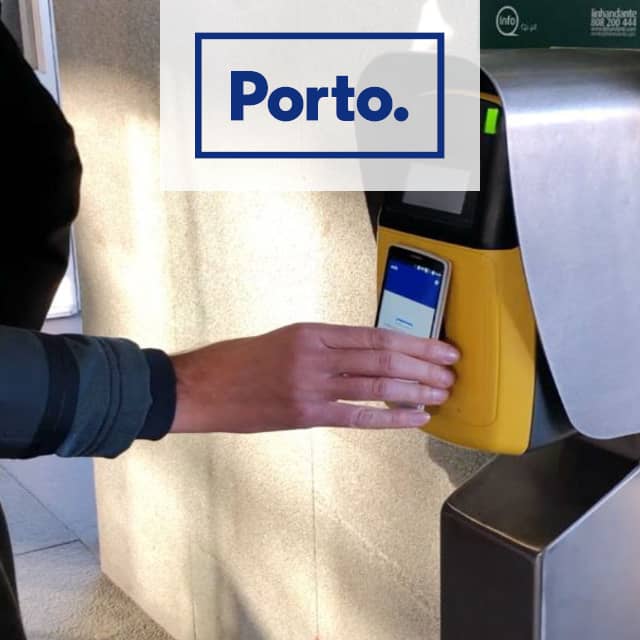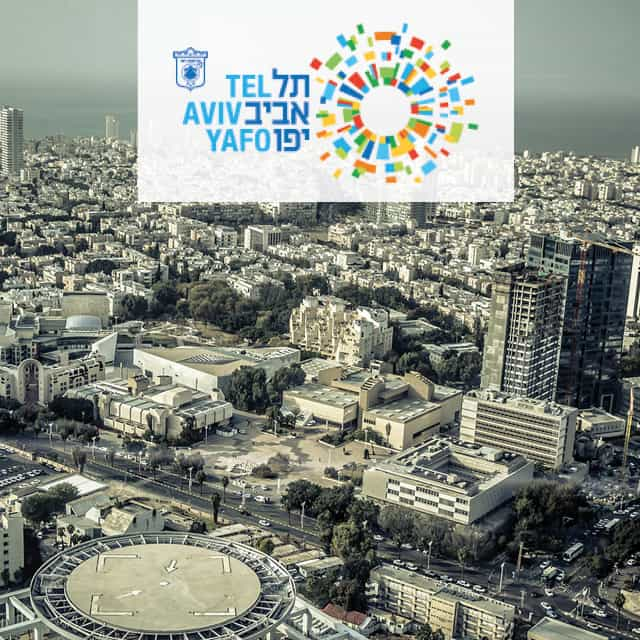
Data Portal for Smart City Applications in Tel Aviv-Jaffa
In Tel Aviv-Jaffa, an application-oriented Smart City Plan is being developed for each area of urban organization – infrastructure, transportation, water, energy, community, education, and security.
The city administration operates an open data portal. 90 percent of the city's applications are developed in-house by an IT department of around 400 people. Furthermore, developers from start-up companies can access the database to develop Smart City-relevant solutions.
Tel Aviv-Jaffa is the economic and cultural center of Israel with over 450,000 inhabitants. The city's metropolitan region is home to around three million people, about a third of the total population. With more than 6,000 resident start-ups, Tel Aviv-Jaffa is a world-leading business start-up location.
Process Requirements
The vision of digitization of the Tel Aviv-Jaffa administration is based on networked information and the integration of advanced, innovative technologies, as well as the participation of the city's inhabitants and other stakeholders such as academic institutions and private companies. A platform should bundle the activities and present them transparently.
Objectives
- Increasing the efficiency of municipal and private enterprises
- Improving the quality of life of the inhabitants
- Strengthening the local economy and making environmental protection more sustainable
Solution
Numerous smart city applications have been implemented in Tel Aviv-Jaffa. All data converge on one platform.
- Free Wi-Fi is available citywide. The "Digi-Tel Residents Club" is a personalized digital communication network, through which the city provides residents with customized information. All residents aged 13 and over can register and provide the city with personal information. After registration, they receive a Smart City Card. Based on their specific profile, the city will provide them with personal information on special offers or cultural events. The information is transmitted through various channels, including personal e-mails or SMS. 167,000 inhabitants are already registered, which corresponds to around 60 percent of all residents.
- An automated digital parking service has been installed in public parking lots. Via the mobile Digi-Tel app, citizens can search and find free parking spaces. Free parking spaces are identified by a simple, networked count, for example, when a car enters or leaves a parking space. Some car parks are sensor-based to provide parking space-related information.
- Parking tickets are digitally networked so that payments can be made via a digital wallet application. Customers who decide not to register their license plate number pay by scanning the ticket they received upon entry. Once all public parking spaces are connected, the city will work with private parking providers to integrate them into the system.
- The municipality implements various sensors to collect environmental data, for example in the sewage systems. Furthermore, a solution is being rolled out in which city employees provide real-time information about connected applications as "living sensors". Apps on a mobile device that are tailored to the respective area of work – from parking to tax inspection are installed on the devices of more than 300 field staff.
- Residents can report problems via the app and follow the processing via the solution. Data from the app is to be combined with existing solutions to create an intelligent situation map that anticipates patterns of specific problematic situations.
Advantages
- Provision of individual information for registered users
- Digital parking service and payment options
- Insight into real-time information from wastewater systems
- Participation of and communication with residents is optimized
- Start-ups are specifically promoted and integrated into Smart City concepts
Outlook
- Pilot project: Expansion of sensor integration for the complete detection of public parking spaces
- Implementation of a beta site for intelligent city applications on 81 square kilometers – smart test laboratory with indoor and outdoor areas
Learn More
Questions? Get in contact with the editorial team!
Technologies
Application Fields


